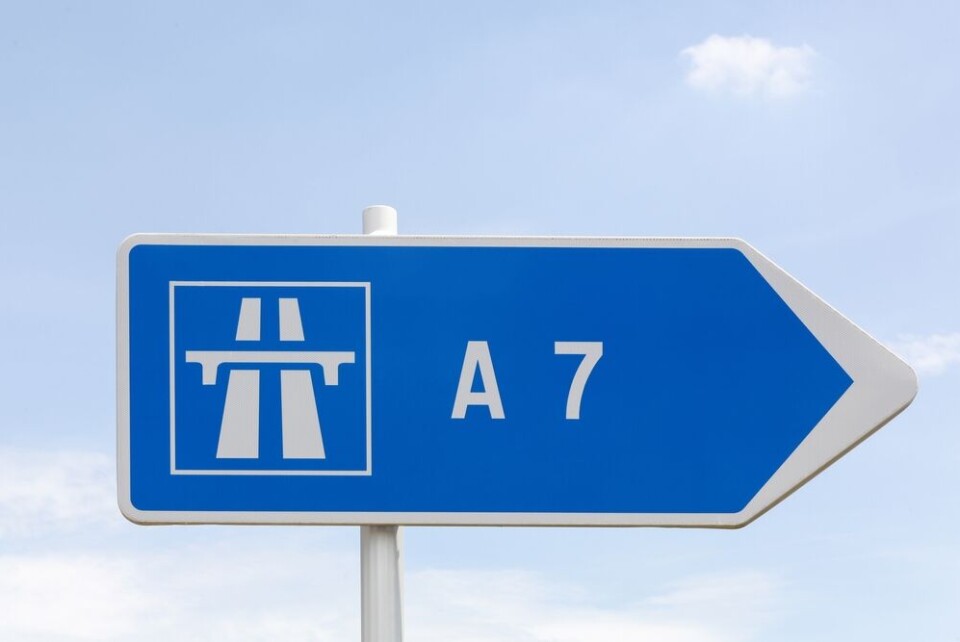-
Trump calls for Marine Le Pen to be freed (but she is not in prison)
US president said her embezzlement court case was a ‘witch hunt’
-
France’s €3 book delivery fee challenged in EU court by Amazon
Online retailer said measure is protectionist and ‘in breach of EU laws’
-
Allergies: How to know pollen levels in your commune of France
Interactive online maps can track and predict how pollen is changing in the air
Motorway speed limits reduced in south of France: where and why?
The move, which affects four sections of major A-roads, has met local opposition with some saying drivers will be frustrated and go faster as a result

Speed limits on four sections of motorway in the south of France have been permanently dropped by 20 km/h from today (February 23).
The move is part of a wider bid to cut down on pollution and encourage safer driving.
The four sections – all parts of major ‘A’ roads – are all around Marseille.
The changes have been made “to reduce the impact of road traffic on air quality and noise pollution and to harmonise speeds on lanes reserved for public transport,” said the Bouches-du-Rhône prefecture in an announcement on the changes.
It is hoped the changes will also reduce the number of accidents as the sections impacted are reported to be amongst the most dangerous in the area according to the prefecture.
Which roads are affected?
The four sections affected are:
- A7 (northern section between Les Pennes-Mirabeau and Rognac): reduction from 110 km/h to 90 km/h
- A55 from the junction with the A7 to the 13 vents tunnel: reduction from 110 km/h to 90 km/h
- A7 end section after the junction with the A507 (A7/L2): reduction from 90 km/h to 70 km/h
- A50 end section after the A50/L2 junction: reduction from 90 km/h to 70 km/h
The switch has been taking place progressively but from today all the changes are officially in place.
Air quality along these stretches of road will be measured by Atmosud, which collect data on pollution levels.
“Reducing speeds will result in fewer pollutant emissions, and in particular fewer emissions of nitrogen oxide, which irritates the respiratory tract. We're going to see an improvement in air quality in the vicinity of major roads,” said its spokesperson Damien Piga.
“We'll also see a reduction in greenhouse gas emissions so it will be good for the climate. We'll also reduce vehicle fuel consumption, [making it cheaper to drive on these roads]” he added.
Read more: French driving licence: mobile app lets you keep original at home
Locals not convinced
However, some local residents say the changes are too restrictive and will have the opposite effect in a city sometimes notorious for its drivers’ habits.
“Some people are going to get even angrier [and end up driving faster],” said one woman interviewed by France3.
“It's an abuse because motorways are [already] safe to drive on,” said a taxi driver.
Marseille is following in the footsteps of other major cities in France, including Paris, where the ring road motorway is set to see its speed limit reduced to 50 km/h from 70km/h. Other towns around the capital are also experimenting with lowering motorway speed limits close to town entrances.
This change is expected to take place after the Paris Olympics in September.
In 2024, a new 30 km/h speed limit was introduced in ‘residential areas’, also aimed at reducing the number of fatal road accidents.
Related articles
2024 MAP: Where are low emission zones in France and what are rules?
Six changes for drivers and road rules in France in 2024
























